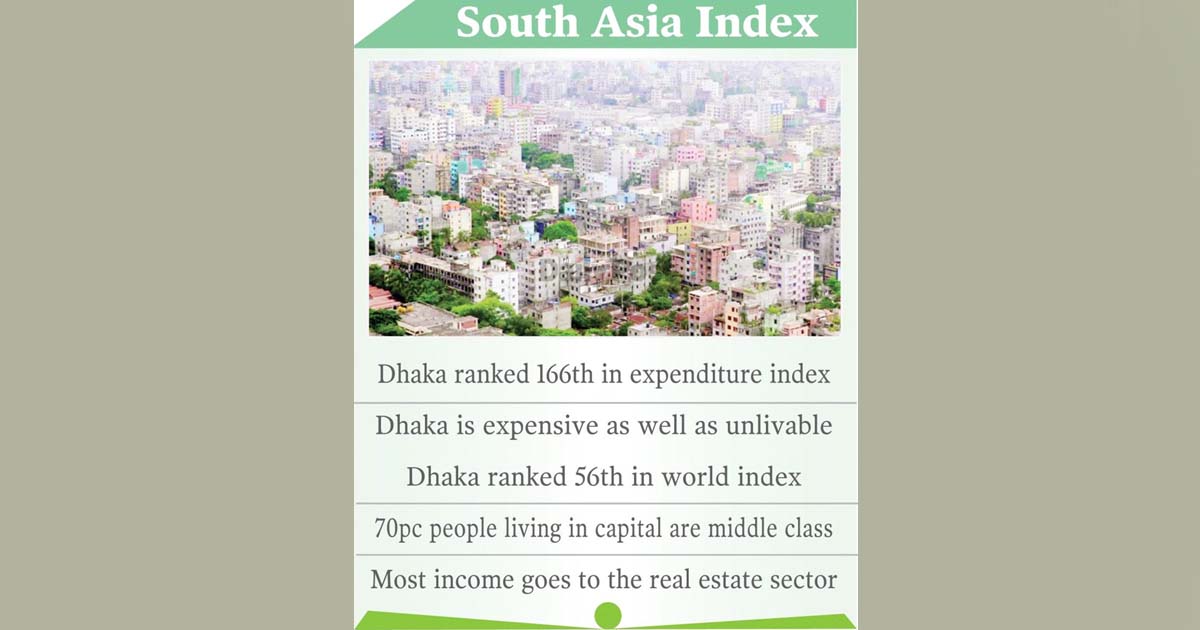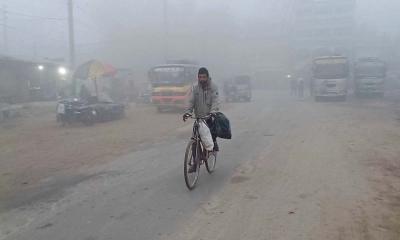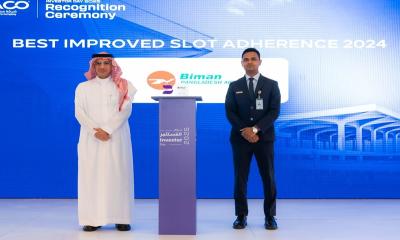- Dhaka ranked 166th in expenditure index
- Dhaka is expensive as well as unlivable
- Dhaka ranked 56th in world index
- 70pc people living in capital are middle class
- Most income goes to the real estate sector
- If the cost of housing and daily necessities is not controlled, the situation will be more miserable: Dr Adil Muhammad Khan, President, BIP
Rafiqul Islam, a private company employee has been living in Dhaka with his family for a long time. Despite he manages to earn livelihood with his income previously, now it is almost impossible to run his family as the cost of various essential commodities as well as housing rent has increased several times.
Rafiqul said, "The amount of my income is still the same as it was before. As a result, it has become impossible for me to stay in Dhaka with my family. A large part of the income goes to housing costs. It has become difficult to manage the family with the rest of the money."
The capital Dhaka ranks first in the list of expensive cities in South Asian countries. That's according to the latest survey by the Intelligence Unit of the British magazine The Economist on the cost of living worldwide. According to the survey, the capital Dhaka is jointly ranked 166th with Harare, Zimbabwe, among 173 cities in the Global Liveability Index-2023. It is the seventh most livable city in the index. Dhaka is an expensive city as well as unlivable. In the previous year's index, Dhaka was ranked seventh from the bottom.
The Economist's Intelligence Unit (EIU) generally measures livable cities by considering five aspects. They are sustainability, healthcare, culture and environment, education and infrastructure. However, apart from Dhaka, there are several other cities that are very expensive and are at the bottom of the livability index. According to a survey by the Intelligence Unit of the British magazine The Economist, Singapore is the most expensive city in the world. Whose index value is 104. The least expensive city is Damascus in Syria (index value 13). Damascus is a less expensive city but ranks 173rd in the global livability ranking. And in the survey, the index value of Dhaka, the capital of Bangladesh, is 56. For this survey, EIU compared the prices of more than 400 individual prices of more than 200 goods and services in 173 cities. Dhaka is close to cities like Toronto, Calgary, Montreal and Lisbon in terms of cost of living.
Experts said improved transportation, affordable connectivity, traffic density as well as housing, food, education and affordable health are particularly notable as indicators of lifestyle. A city has a high cost of living, meaning the city has become highly unaffordable for 40 to 50 percent of its population. At the same time, the quality of life will become challenging for this group. If there's too much investment in a city, it means you're spending a lot of money to get something in return. The city is actually becoming more expensive with it. Megacities have huge populations, creating a high demand for everything. Through standard planning, a city can have accessible infrastructure, accessible housing, and accessible economic facilities.
The quality of housing in Dhaka is very poor. Low income people live in slums and the housing of the lower middle class is not of good quality. Our transportation system is also not qualitiful. We are among the lowest in the world in terms of open and green spaces and parks. There is also a significant gap between the quality of primary education and the healthcare system. Bangladesh is also one of the worst in the world in terms of disparity in income levels between different groups.
President of Bangladesh Institute of Planners (BIP) and urban planner Prof Dr Adil Muhammad Khan told The Daily Post that there are many reasons for the increase in the cost of the capital. One of them is that the cost of housing is very high which is not consistent with our income. As a result, most of the income is going here. Transportation costs are also high. Due to the unbridled increase in the prices of essential commodities, the amount of expenditure is increasing. About 70 percent of the people living in Dhaka are not middle class or middle class. Public life has become tired of increasing the expenditure of this large number of people.
This professor also said that government educational institutions and hospitals are very limited in Dhaka. Everyone is forced to go to private institutions. As a result, the amount of expenditure also increases. Although the amount of expenditure has increased, the real income of the people has not increased. It is difficult for a middle-class family to live in an expensive city. At present, all types of expenditure are on the upside. Many people are living in low-cost housing to increase their expenses rather than income. Unable to cope with the expenses, many are sending their families to the villages. As a result, the food list has changed. The amount of calories you need to consume every day is not available. Some are leaving Dhaka because they cannot afford the expenses.
The BIP president said it is important to implement government laws for housing costs. Although the government has already enacted the housing law, it is not enforced. Because the cost of housing is very high, the amount of expenditure is increasing. The cost of transportation should be reduced. The prices of essential commodities are constantly increasing. In particular, if the price of food products cannot be controlled, the amount of expenditure cannot be reduced. If this continues, the situation in the city may be even worse.
ARS







